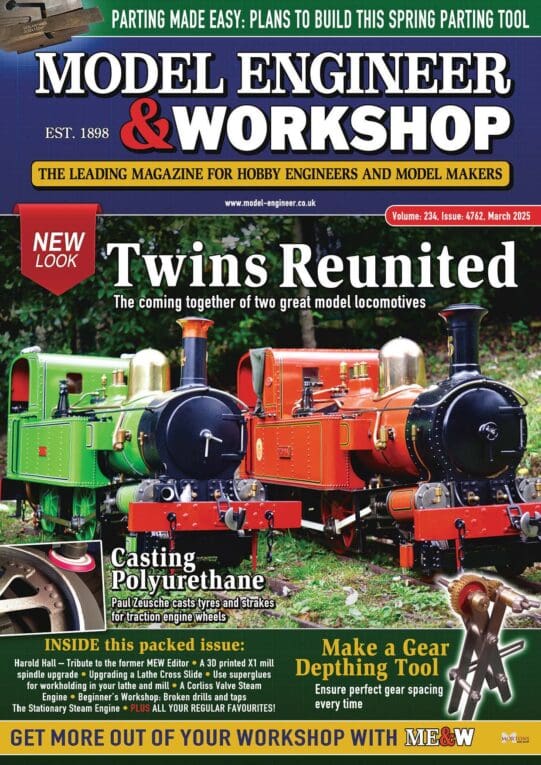Let’s look at this from another point of view, or two.
Fair enough, CNC enables items to be produced to a better and higher standard, and to a greater level of complexity. In business it also allows these items to be produced more cheaply. And it avoids one getting one’s hands dirty.
But what happens when the “electronics” fail? I know they are supposed to be more reliable these days, but they can fail in which case all that expensive equipment suddenly becomes a very expensive lump of dead and useless equipment. Dead and useless that is until someone pays to have it repaired or replaced. In business this goes down as an expense which can ultimately be claimed back from the end purchaser. But what about the hobbyist? He/she has only the depth of his/her pocket for support, there not being the luxury of being able to pass on the cost. At least with manually operated equipment, this is less likely to happen.
There is another very important point. Our society is gradually being turned into a society where people are becoming more and more dependant on I.T. Now in some respects this may be a good thing, but in other respects it is removing the capability of the individual to be able to sort out problems himself because the complexity of these I.T. systems is such that only a select few trained people can actually repair it, if indeed a repair rather than replacement is possible. If you want an example, take the almighty rush towards digital television. 30 years ago, I as a trained telecom technician, could with a small amount of training safely and reasonably easily repair an analogue television with a minimum of test equipment. Today, I haven’t a chance with digital signals multiplexed onto an analogue channel. So when my television fails what do I do? Pay someone to mend it? Or scrap it? Possibly the latter with all that entails in respect of the environment.
In our hobby we are seeing electronically controlled equipment which we, as amateurs will not be able to mend ourselves. Ok a select few may be able to do so, but not Mr. Average. On the other hand, our manually controlled equiment is repairable by Mr. Average.
Furthermore as society travels further along the road, we are slowly losing even that ability to repair even simple items. I would therefore argue that those of us who whilst seeing what CNC can do, but remain wedded to our manual machines and skills, are actually keeping alive the tradition of doing it ourselves.
Regards,
Peter G. Shaw
David Clark 13.










